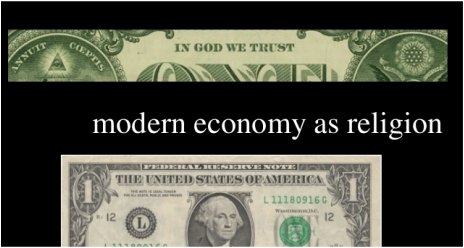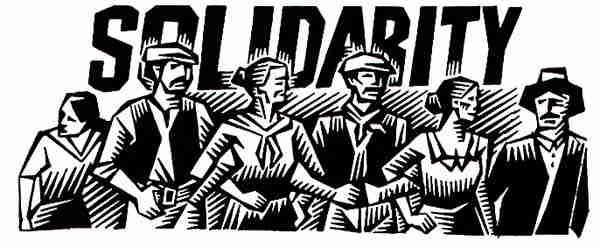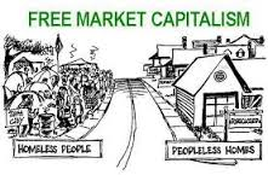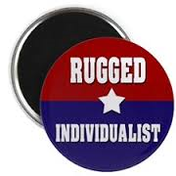A Financial "Religion" - "Economism" Dominates the Earth at Great Price The Church of Economism and Its Discontents"The economy, in other words, really is Two centuries of explosive economic growth have radically altered our material and ideological worlds. With human activity now the major driver of geological change, the industrial era has come to be called the Anthropocene. This inquiry instead adopts the term Econocene, underscoring its ideological foundation: economism. The concept of economism, the reduction of all social relations to market logic, often appears in critiques of political movements and neoliberal economics. Our concern here is with economism as a widely held system of faith. This modern “religion” is essential for the maintenance of the global market economy, for justifying personal decisions, and for explaining and rationalizing the cosmos we have created...
Economism, by rationalizing market outcomes, Richard Norgaard, "The Church of Economism and Its Discontents," Great Transition Initiative (December 2015), http://www.greattransition.org/publication/the-church-of-economism-and-its-discontents. - See more at: http://www.greattransition.org/publication/the-church-of-economism-and-its-discontents#sthash.8PVAReS0.dpufDistributism (also known as distributionism[1] or distributivism[2]) is an economic ideology that developed in Europe in the late 19th and early 20th century based upon the principles of Catholic social teaching, especially the teachings of Pope Leo XIII in his encyclical Rerum novarum and Pope Pius XI in Quadragesimo anno.[3]
|
New Economic NotionsUsing Social Doctrines Expressed by Pope Francis in His Encyclical Hold the Potential to Regenerate the Earth
|
"Just as the commandment 'Thou shalt not kill' sets a clear limit in order to safeguard
the value of human life, today we also have to say 'thou shalt not' to an economy of exclusion and inequality. Such an economy kills... A new tyranny is thus born, invisible and
often virtual, which unilaterally and relentlessly imposes its own laws and rules.
To all this we can add widespread corruption and self-serving tax evasion, which has
taken on worldwide dimensions. The thirst for power and possessions knows no limits."






